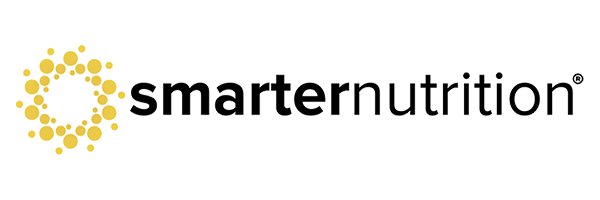You may associate blood clots with conditions like high blood pressure and high cholesterol, but a surprising number of people have started experiencing blood clots in connection to the coronavirus. Blood clots can be dangerous because they can interfere with blood flow and cause a heart attack or stroke.
While those with mild cases of COVID-19 may experience a lingering loss of taste or smell, blood clots have been predominantly observed in those who have been hospitalized. During a study of nearly 200 people who were in the ICU being treated with severe coronavirus cases, 31 percent of them experienced blood clot-related problems.
How Coronavirus Affects the Blood
Researchers determined that an autoimmune antibody in the blood that is produced by the coronavirus could attack cells and cause blood clots in the arteries, veins, and even microscopic vessels. When microscopic clots occur in the lungs of coronavirus patients, restricted blood flow can hinder the exchange of oxygen, decreasing oxygen levels and damaging lung tissue.
These antibodies have been previously observed in people who have an autoimmune disease that triggers the immune system to mistakenly create antibodies that attack healthy tissues and cause inflammation.
The study’s co-corresponding author Yogen Kanthi, M.D., an assistant professor at the Michigan Medicine Frankel Cardiovascular Center and a Lasker Investigator at the National Institutes of Health’s National Heart, Lung, and Blood Institute said:
“In patients with COVID-19, we continue to see a relentless, self-amplifying cycle of inflammation and clotting in the body. Now we’re learning that autoantibodies could be a culprit in this loop of clotting and inflammation that makes people who were already struggling even sicker.”
Blood clots can be treated with medication called blood thinners, which help discourage new clots from forming and existing clots from getting worse.

Reducing Your Risk of Blood Clots
While you may not be able to control whether or not you contract the coronavirus, there are many simple ways to decrease your chances of developing a blood clot.
- 1. Maintain a Healthy Weight: Studies show that men and women who struggle with obesity are more than two times as likely to develop blood clots in their legs or lungs; women under 40 need to be especially careful.
- 2. Don’t Smoke: When you smoke, the lining of your blood vessels can become damaged and blood clots can form as a result.
-
3. Keep Moving: Sitting for hours at work or on the couch watching TV without getting up and moving can increase your chances of developing a blood clot. When your legs are still for long periods, your calf muscles don’t contract and blood circulation slows. When your blood flow slows down, your veins become more prone to clotting.
“The more sedentary you are, the higher your risk of developing [deep vein thrombosis],” said Dr. Rachel Rosovsky, a hematologist at Massachusetts General Hospital in Boston.
When you’re at work, you can complete stretches at your desk or get up and walk around the building a couple times a day to keep your body moving. In your free time, aim for at least 30 minutes of physical activity each day to help support your circulation. -
4. Take a Supplement: Curcumin, an active compound found in turmeric, has been studied extensively for its beneficial properties. Scientific research has found that it is an antioxidant and supports normal inflammation responses and normal cardiovascular activity.
Smarter Curcumin is formulated to 95% tetrahydrocurcuminoids for maximum potency and includes black cumin seed oil and AstraGin®, a patented 100% natural compound, to help the body absorb all of curcumin’s benefits. Plus, Smarter Nutrition’s formula includes turmeric’s close relative, ginger, to help support normal digestive function.*
Sources:
- Seladi-Schulman, Jill Ph.D. “What to Know About COVID-19 and Blood Clots.” Healthline. 2020.
https://www.healthline.com/health/coronavirus-and-blood-clots#covid-19-and-blood-clots - Otman, Haley. “New Cause of COVID-19 Blood Clots Identified.” Michigan Health Lab. 2020.
https://labblog.uofmhealth.org/lab-report/new-cause-of-covid-19-blood-clots-identified - Hitti, Miranda. “Obesity Ups Risk of Pulmonary Embolism, DVT.” WebMD. 2005.
https://www.webmd.com/dvt/news/20050909/obesity-ups-risk-of-pulmonary-embolism-dvt - Suszynski, Marie and Welch, Ashley. “Long Flight? Bed Rest? Easy Exercises to Prevent Blood Clots.” Everyday Health. 2021.
https://www.everydayhealth.com/news/long-flight-bed-rest-easy-exercises-prevent-blood-clots/ - Keihanian, Faeze et al. “Curcumin, hemostasis, thrombosis, and coagulation.” Journal of cellular physiology vol. 233,6 (2018): 4497-4511. doi:10.1002/jcp.26249
https://pubmed.ncbi.nlm.nih.gov/29052850/






